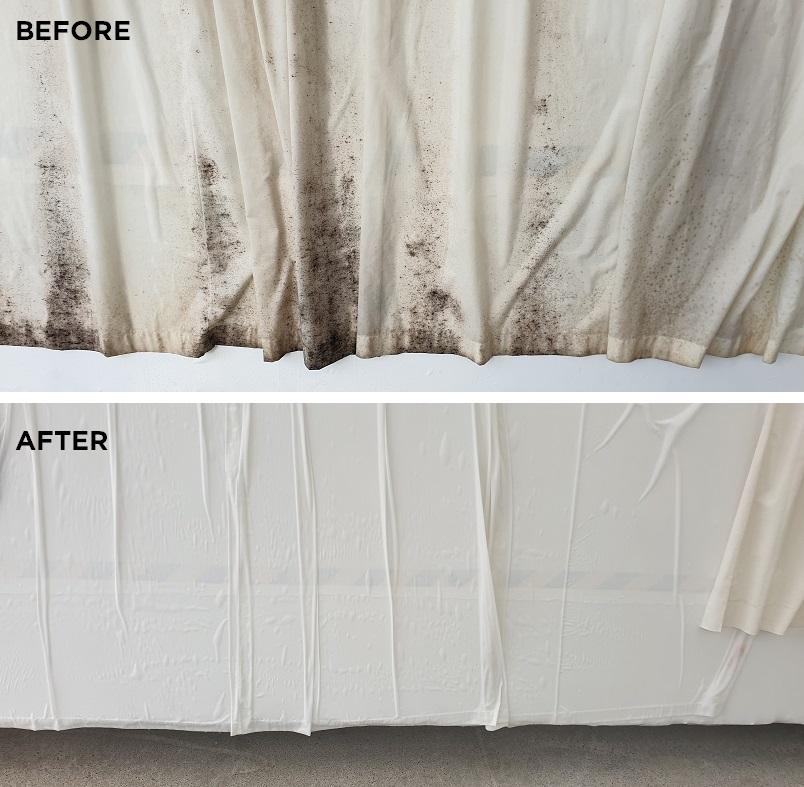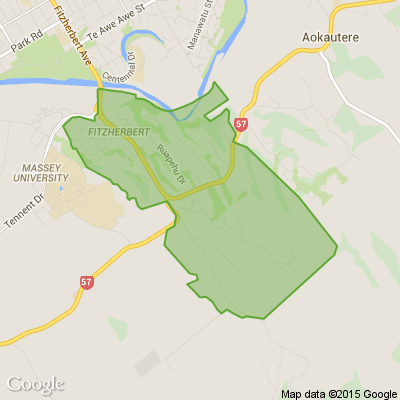The Dangers of Dirty Curtains
Curtains are a great way to really complete the look of a room in your home. They can add a sense of personality and lift up the atmosphere of your home without spending a fortune on redecorating. Most people tend to forget about their curtains when cleaning other home interior accessories, such as carpets. Little did you know, curtains can cause serious harm to your health if left unattended for long periods of time.
1. CURTAINS ACCUMULATE ALLERGENS AND DUST MITES
Curtain fabrics can often attract a lot of allergens and dust. These are the two main causes of allergic reactions such as sneezing, coughing or runny noses. Due to their small size, they are easily carried by wind and accumulate on curtains after some time, especially curtains that are made from cotton. Some curtains are worse offenders when it comes to dust accumulation, particularly those made from thicker fabrics and multiple curtain layers in one. Allergens and dust mites are trapped between the layers and thus increase the chances of getting allergy symptoms. Removing the allergens hidden in your curtains can already help relieve allergy symptoms a lot without the help of meds.
2. MOULD AND MILDEW
Moulds can develop and grow in curtains, and they are most likely to thrive in a dirty curtain. Mould growth is something that can’t be ignored, and immediate curtain cleaning should happen since it can cause potentially dangerous health problems and puts everyone in the home or commercial space at risk.
Some moulds can trigger asthma and other bronchial or respiratory issues. Most images are susceptible to disinfectants found in individual cleaning solutions, aside from many other possible diseases or health conditions.
It’s best to seek the help of professional curtain cleaners since formulations must be based on the kind of material your curtain was made from. The overall quality and craftsmanship deserve to be well-cared for with the right cleaning products and techniques.
3. GERMS
Germs are one of the main causes of sickness in both humans and pets. What most people don’t know is that they love attaching themselves to curtains (mainly those that are hung in dark areas).
4. DUST AND TOXINS
Curtains in all homes can collect dust and toxins quickly. Mainly if the curtain material is thick and lined. Does one of your family members at home suffer from regular asthma attacks or bronchitis? If your answer is yes, then the cause is probably hiding in your curtains.
CONCLUSION: CLEAN YOUR CURTAINS PERIODICALLYYour drapes may play an important role in enhancing the overall ambiance of your home. Proper maintenance of curtains becomes absolutely essential if you want to have a healthy indoor environment for yourself and your family.

Poll: Should the government levy industries that contribute to financial hardship?
As reported in the Post, there’s a $30 million funding gap in financial mentoring. This has led to services closing and mentors stepping in unpaid just to keep helping people in need 🪙💰🪙
One proposed solution? Small levies on industries that profit from financial hardship — like banks, casinos, and similar companies.
So we want to hear what you think:
Should the government ask these industries to contribute?

-
60.1% Yes, supporting people is important!
-
23.4% No, individuals should take responsibility
-
16.5% ... It is complicated
A Neighbourly Riddle! Don’t Overthink It… Or Do?😜
Do you think you know the answer? Simply 'Like' this post if you know the answer and the big reveal will be posted in the comments at 2pm on the day!
If you multiply this number by any other number, the answer will always be the same. What number is this?

Recycling question!
Kia ora neighbours,
Is there anywhere yet in Palmy where bubble wrap & polystyrene can be taken for recycling?
Thank you.






 Loading…
Loading…


















